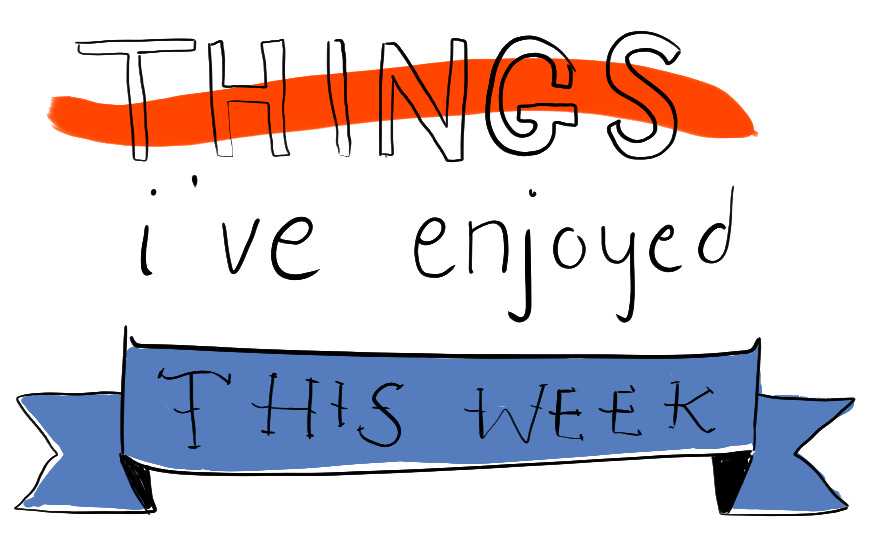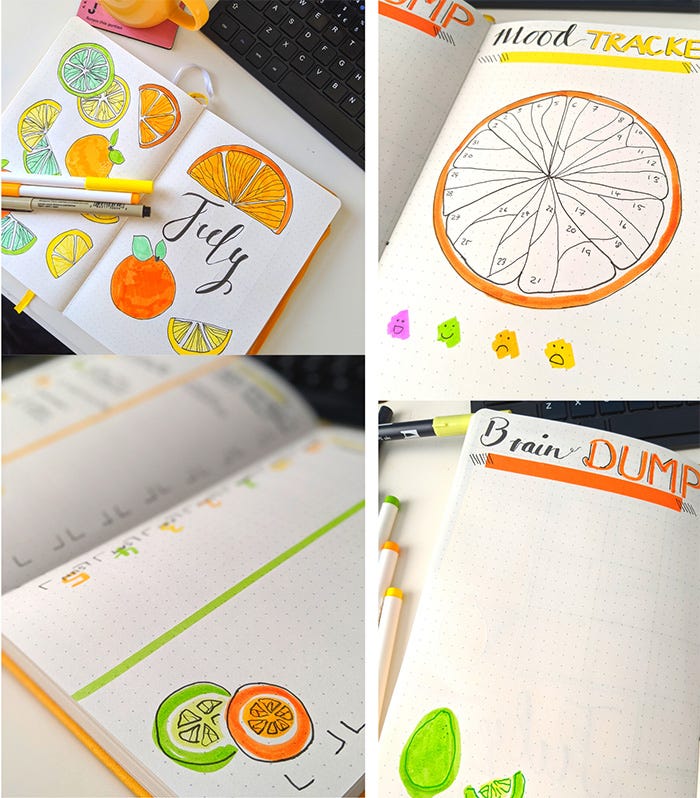I timed my working life for a month 📅
I used Toggl every day in June, and here are the stats 📈⌛
I know what you’re thinking: Hey, Ellen… didn’t you write about toxic productivity last week and now you’re timing everything you do?

Ok, so bear with me.
Back in May, I talked about how burnout was becoming a far too frequent occurrence in my life. I entered June on a mission to change that, from increasing my rates with existing clients to outsourcing additional work to other talented freelancers and even using Toggl to time my day.
I’ve always avoided project management tools that time what you do - it reminds me of working in a soulless corporate setting where the manager would say “it’s only a small job, it won’t take that long” despite never having actually done that job themselves.
However, I knew the day would come eventually where I would need better insight into where I am spending my time (on both client work and my own business development) and how I can identify where time could be better spent.
In the same vein as that time I shared my earnings for FY19/20 that time, let’s take a look at how I really spend my time…
How much time I actually spend working
(I’m pulling this data on 29th June, so it’s not the full month - soz).
In June, I clocked up 146 hours total, 67% (98) billable and 33% (48) non-billable. Non-billable could be anything from writing this newsletter to posting on LinkedIn, online networking events or charity work.

Having this data is useful for a number of reasons, firstly for rate setting. If I aim to turn over £4,000 per month, I now know that I have 98 hours to make that. So, I could set my hourly rate at around £40 an hour in order to hit that goal.
Let’s look a little closer into those 98 hours. The services I offer can be split into three categories: content, web design and general marketing support.

Interestingly, I had an even split between web and content, which is great and where I want to be to meet my 2020 goals. I have two clients under general marketing, but I did start outsourcing a lot of this work in June, and sadly I don’t have May’s data to compare.
Skiving is surviving
I’ve left the best piece of the pie (geddit?) ‘til last. I also ran Toggl when I was “resting”. I count rest as the time I am sitting at my desk but not actually working, typically I’d be watching YouTube, eating biscuits, recovering from smashing out 1,000 words in an hour (or something similar).
(FYI - The 146 hours from earlier does not include rest time).

80% of the time spent at my desk I am working, but 20% I am not.
The most important part of this whole exercise is to highlight that I would not be physically and/or mentally capable of doing those 146 hours of work without the 36 where I sat on my arse drinking coffee and watching Drammageddon 2 videos.
And this is the problem with traditional corporate working environments for people in creative roles. I can’t speak to others, as I have only ever worked in journalism/marketing office-based jobs, but this has always been the case for me.
I was never able to sit at my desk and work 9-5.30 without “rest” (i.e. pissing about), even with an hour’s lunch. This exercise with Toggl has taught me that I need to account for around 1hr20 a day of skiving in order to maintain my peak output.
Rest is just as important as any other element of your job, so why are we demonised for looking at Facebook during work or texting a friend?
I’d love to hear your thoughts on the importance of rest as part of your working day - find me on Twitter @ContentByTheSea.

I’ve been a little lapse on reading this week because I’ve been focusing on launching my LinkedIn Toolkit for small businesses (more about that later). I’m still reading The Black Prism by Brent Weeks and Jade City by Fonda Lee, no books finished this week - meaning I narrowly missed my goal of eight books in June by two.
This week, I have watched a lot of YouTube, which is typically my favourite way to pass the time when doing menial work tasks or doodling. My top content creators are Tiffanyferg (Internet Analysis commentary), Cheyenne Barton (illustration), Carly Rowena (home workouts), Feardog (lofi background music), Books With Brittany (fantasy booktuber) and Plant Based Bride (BuJo and other art).
On the topic of BuJo, here are some shot of my July bullet journal theme 🍊

Oh, and some big news!
I launched my LinkedIn Toolkit for freelancers and small businesses who want to learn how to create content that sells - you can find out more and sign up over on my website.

That’s all from me this week, folks!
Well done if you read this far - see you next week!
Ellen x
Enjoyed this? Read past issues:
24 June - Hi, I'm Ellen and I'm a productivity addict ✅
17 June - Grow through what you go through 🌿
10 June - Can you separate the art from the artist?
3 June - Know your worth 💸
27 May - Let's talk about money
20 May - A mental health catch up
13 May - The fantasy characters of lockdown
6 May - The Personal Brand has never been so personal
29 April - When the inspiration runs dry
22 April - One year on…
15 April - It's a great time to be a generalist
8 April - Content creators are performing a national service


